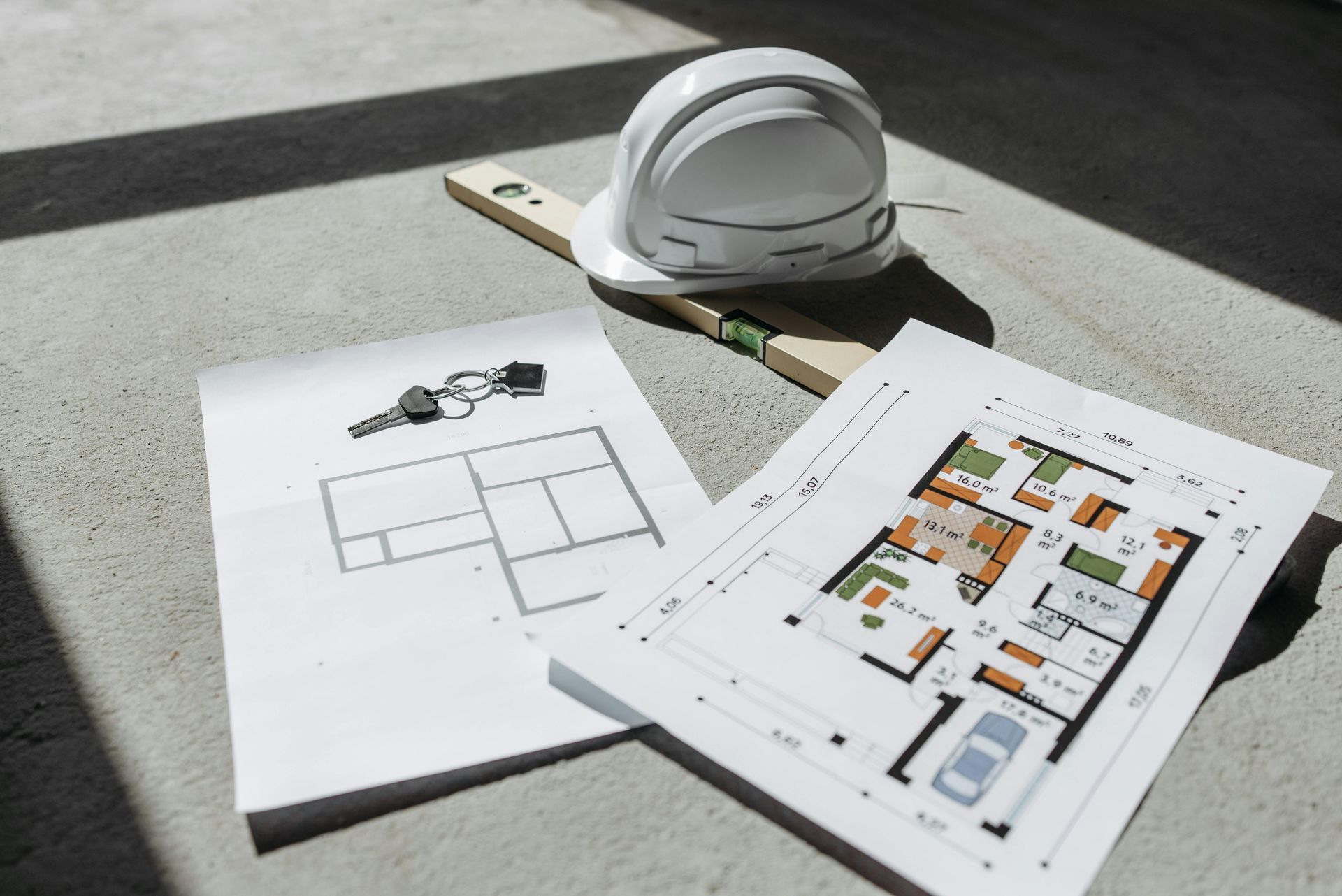What Is A Covenant?
What is a Property Covenant and How Does It Affect You?
Understanding Property Covenants:
Buying your first home is an exciting milestone, but there are many things to consider before signing on the dotted line. One important aspect is something called a property covenant. Whether you're buying a freehold or leasehold property, it's essential to understand what covenants are and how they might affect your plans for your new home. In this blog post, we’ll break it down in simple terms, so you can make an informed decision when purchasing a property.
What is a Property Covenant?
A property covenant is a legal agreement that attaches certain rules or restrictions to the land a property sits on. These rules can affect how you use the property and what changes you can make. For example, a covenant might prevent you from making major renovations, starting a business from home, or even having certain pets.
There are two main types of property covenants:
- Restrictive Covenants – These are rules that restrict what you can do with the property. They might stop you from building an extension, painting your house a certain colour, or using the property for certain business purposes.
- Positive Covenants – These are rules that require you to do something, such as maintaining a shared garden, fence, or paying for upkeep of communal areas.
How Do Property Covenants Affect You?
If you're a first-time buyer, property covenants can be a big deal. They can limit what you're able to do with your home. For example, if you plan on building an extension or changing the exterior of the house, a restrictive covenant might stop you from going ahead with your plans.
On the other hand, positive covenants might mean you're responsible for things like maintaining a shared fence or paying a fee to help maintain communal spaces. So, it's important to know about these covenants before you finalise your property purchase.
Why Are Property Covenants in Place?
Property covenants are usually put in place to help protect the neighbourhood, preserve property values, and ensure everyone’s interests are respected. For example, a restrictive covenant might stop someone from building a large structure that blocks sunlight for other properties, or it might ensure that all homes in a development look similar, preserving the area’s aesthetic appeal.
These covenants can also help maintain the quality of life in a community by regulating noise, business activity, and upkeep, making sure that everyone follows the same basic rules.
How Can You Find Out If There’s a Covenant on a Property?
Before you buy a property, it's crucial to check whether any covenants are attached to the land. Your solicitor or conveyancer will typically look for this information as part of the property conveyancing process. You can also review the title deeds related to the property to see if any covenants are listed. It’s important to ask questions and ensure that any covenants won’t interfere with your plans for your home.
What Happens If You Violate a Property Covenant?
If you accidentally break a covenant, you could face legal consequences. The other parties involved, such as neighbours or the original developer, could take action to enforce the rules. This might mean you have to undo any changes you’ve made or pay fines. To avoid this, it’s crucial to make sure you understand the covenants before making any changes to the property.
Final Thoughts on Property Covenants
While property covenants may seem like a small detail, they can have a big impact on your experience as a homeowner. It’s essential to understand any covenants attached to a property before you purchase it. If you’re unsure about what covenants are in place or how they might affect your plans, speak to a solicitor or property expert for advice.
Conclusion
By being aware of property covenants, you can avoid unpleasant surprises and enjoy your new home to the fullest. Whether you’re buying a freehold property or leasehold property, Aconveyancing will help you to understand your rights and responsibilities ensuring a smooth and enjoyable homeownership experience.



